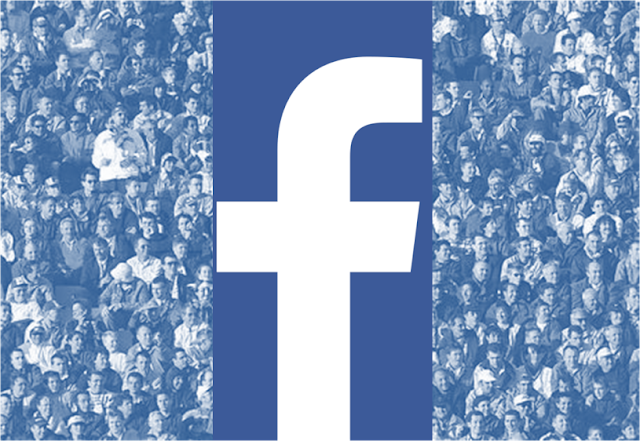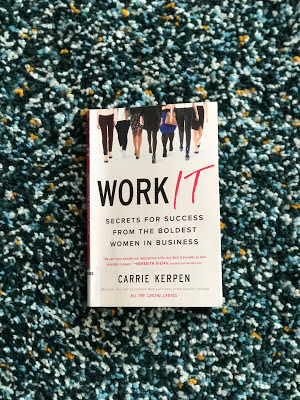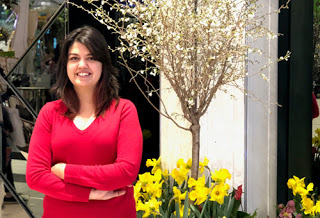Have you ever encountered this situation - you visit a website or an e-commerce shop, browse through some products and then the ads of those products are all over your Facebook feed.
I am sure, all of us experience this all the time. We can give the credit of 'stalking' to the brand and its effective re-targeting strategy by using Facebook Pixel. Without going in to technical details, I will share a common example that will help you understand the buzzwords like re-marketing, audience insight, social selling and sales funnel.
What-When-Why-Where-How of Facebook Pixel
I am sure, all of us experience this all the time. We can give the credit of 'stalking' to the brand and its effective re-targeting strategy by using Facebook Pixel. Without going in to technical details, I will share a common example that will help you understand the buzzwords like re-marketing, audience insight, social selling and sales funnel.
What-When-Why-Where-How of Facebook Pixel
- Facebook Pixel is a small piece of code that is a generated by Facebook
- A brand places this code on their website
- Then they advertise on Facebook
- The Pixel code tracks the traffic coming from the ads
- It also stores the data of people clicking the ad (All the data that the users have shared with Facebook - name, age, gender, work history, designation, interests and location)
- Marketers access this data to understand and analyze their audience
- Using this information, marketers devise more effective advertising strategy as they know their customer better
Let me take an example - You click on an ad on Facebook that says buy 5 Starbucks coffee vouchers and get 100 reward points in your app right-away. These are the steps that you take:
- Click on the ad
- Go onto the landing page
- Fill in your information OR go back on Facebook
- Go onto the payment page
- Pay the amount and get a thank you screen OR just return without paying
Now, because Starbucks has installed this piece of code (Pixel) on each page, here is the data they have:
- Number of people clicked and went onto the landing page
- Number of people filled the information
- Number of people went on the landing page
- Number of people paid and claimed the reward points
- Number of people returned without paying
- And, the biggest of all, at all these stages they have all the data (name, age, gender, work history, designation, interests and location)
The above is the sales funnel for Starbucks (i.e. they already have the data of people who are interested in their product). This reminds me so much of the song 'Every breath you take - every move you make, every step you take, every single day, I'll be watching you' :).
Let us see the various content strategies and ads that they can make using the 'BIG DATA (Audience Insight)' at each stage.
- You were the one who went back from the landing page - You get an email next day saying we saw that you were interested in our coffee offer but we also saw you leaving. No problem, stay tuned for other offers. What did Starbucks do - 'created a brand recall'
- You were the one who added the offer in the cart but did not purchase - You get an email or shown a customized ad 'Extra 20 reward points on top of 100 points if you buy within an hour'. Proven data shows that 75% of times it acts like a candy given to a child. What did Starbucks do - 'customer acquisition'
- You were the one who claimed the offer - You see a customized ad or an email or an offer in the app 'Hey, you are our loyal customer. Extra 15% off on your next coffee if you pay via app'. What did Starbucks do - 'customer retention with a focus on app'.
Now, think the same way for your brand. Don't waste your money by simply advertising without any objectives. Plan to close the leads at each step avoiding the traditional 'cold calling' route. Even if you're not a product company, but a service organization, send people to your website, track people who follow your competition on Facebook, let them browse your website, analyse the content that they are consuming on your site, then target them with their topic of interest.
Not only you are reaching your target audience at each step but reducing the time and effort that goes in creation of the sales funnel. I hope you understand the buzzwords by now!
If you want to get into technical details, there are many tutorials including Facebook Blueprint which provides free training on advertising. Or, if you need help in advertising your brand on Facebook, get in touch with me!



